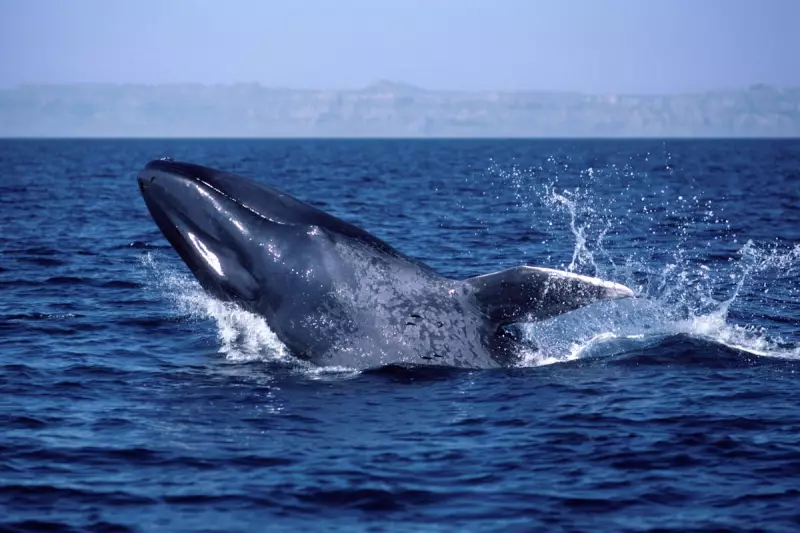
In a startling discovery that has sent ripples through the marine biology community, researchers have documented a significant reduction in vocalisations from the majestic blue whale, the largest animal on Earth.
The Silent Giants of the Deep
Scientists monitoring whale populations across the Atlantic have observed an unprecedented drop in the characteristic low-frequency calls that blue whales use to communicate across vast ocean distances. The study, conducted over five years, reveals a disturbing trend that could signal profound changes in marine ecosystems.
What the Research Shows
The findings indicate:
- A 45% reduction in detectable blue whale calls since 2018
- Changes in migration patterns coinciding with decreased vocal activity
- Potential links to increased shipping noise and seismic surveys
Why This Matters
Blue whale communication is crucial for:
- Maintaining social structures over hundreds of miles
- Coordinating mating behaviours
- Navigating across ocean basins
Dr. Eleanor Whitmore, lead marine acoustician on the project, warns: "We're essentially seeing these magnificent creatures going quiet. It's as if an entire culture is disappearing before our ears."
The Human Factor
The research highlights several anthropogenic threats potentially responsible for this behavioural shift:
- Shipping traffic: Noise pollution from container ships masks whale frequencies
- Deep-sea mining: Exploration activities create disruptive soundscapes
- Climate change: Altering ocean chemistry and sound transmission
What Happens Next?
Conservation groups are calling for immediate action, including:
- Expansion of marine protected areas
- Stricter regulations on ocean noise pollution
- Increased funding for acoustic monitoring programs
As the scientific community races to understand this phenomenon, one thing is clear: the silence of the blue whales may be the ocean's most alarming distress call yet.





